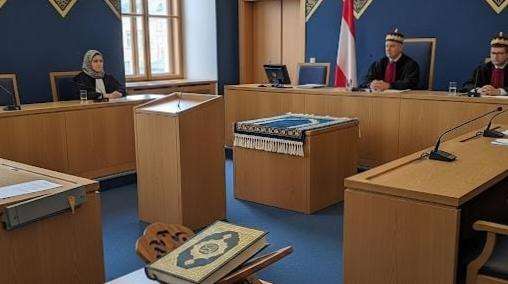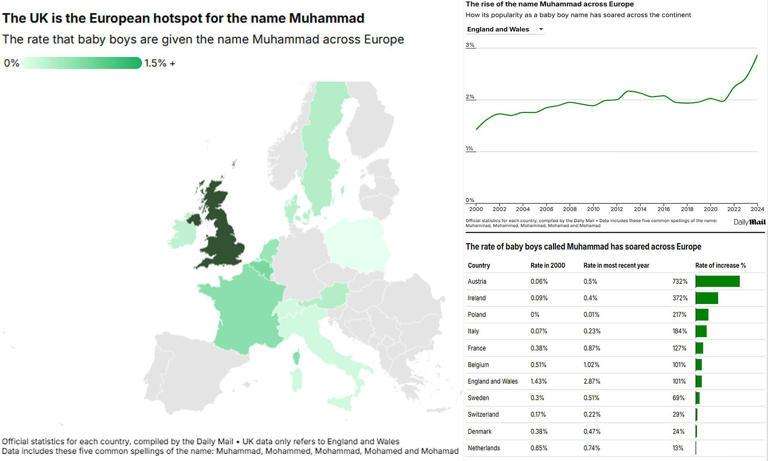A Vienna court has affirmed the legal validity of an arbitration agreement based on Islamic law, or Sharia, in a civil dispute, a decision that has been hailed by some as a win for religious freedom and autonomy for the country's Muslim population. This ruling, which applies only when both parties voluntarily agree to it, comes at a politically charged time in Austria, where anti-Muslim sentiment is a growing concern.
The case centered on a financial dispute between two Muslim men who had signed a contract specifying that any conflicts would be settled by an arbitration tribunal using Islamic principles. When the tribunal ordered one man to pay €320,000, he appealed to the Vienna Regional Court for Civil Matters, arguing the use of Sharia was incompatible with Austrian law. The court, however, dismissed his claim, stating that Austrian law allows for such private agreements as long as the outcome does not violate the nation's "fundamental legal values." The court's decision was a careful one; it did not validate Sharia as a comprehensive legal system but rather upheld the principle of contractual freedom for a financial dispute.
The ruling has been met with significant political backlash, primarily from the far-right Freedom Party of Austria (FPÖ) and the center-right People's Party (ÖVP). An FPÖ official, Michael Schilchegger, called it a "sad day for the secular constitutional state," while the ÖVP has vowed to introduce legislation to "permanently put a stop to the application of Sharia rules in Austria." These reactions have been viewed by many Muslims and human rights advocates as a form of political agitation that unfairly targets Islam. The rhetoric used by these parties often frames the Muslim community's desire for religious self-determination as a threat to Austria's national identity.
It is worth noting that a significant portion of Austria's population is Muslim, with a 2021 estimate placing the figure at 8.3%. Given this, the Muslim community has welcomed the ruling as a positive step towards a more inclusive society where their faith is respected. They point out that this is not about creating a "parallel legal system" but about allowing Muslims to resolve civil matters in a way that aligns with their beliefs. The ruling aligns with the principles of arbitration that are common in legal systems worldwide, where parties can agree to resolve disputes outside of traditional courts.
The decision has also sparked an important discussion about the complex relationship between European law and religious diversity. The Turkish Cultural Community (TKG), a secular association, has expressed concern, citing a 2003 European Court of Human Rights (ECHR) ruling that found Sharia law to be incompatible with democracy. This reflects the deep division and varied perspectives on how to integrate religious and cultural traditions into a modern, pluralistic society. The Austrian court's ruling, however, represents a more nuanced approach, focusing on the principle of voluntary consent and the outcome of the arbitration rather than a wholesale endorsement of religious law.

_4.jpg)
_6.jpg)
_1.jpg)




.svg)

_4.jpg)
_3.jpg)

